|
This week the UN released a scary special report about global warming that shows how crossing the ever-nearer threshold of 1.5℃ warming will affect the planet. It also sets out how difficult it will be to avoid overshooting this target.
Southern Africa has its own particular set of problems when it comes to managing the impact of a hotter planet. Firstly, climate change “hotspots” – hot, dry and water-stressed countries like Botswana and Namibia – are likely to be warmer as well as drier than the global average. This makes action all the more urgent, argues Mark New while Robert Scholes sets out why staying below 1.5°C will require
urgent, deep and radical changes in almost every aspect of our lives.
And academics from around the world weigh in on the report, its implications and some solutions.
|
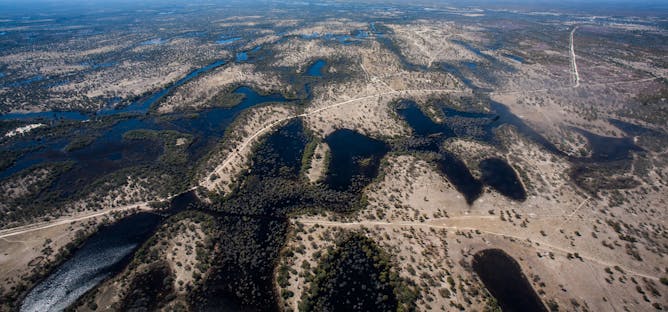
The Okavango Delta in Botswana.
Shutterstock
Mark New, University of Cape Town
For hot, dry and water-stressed countries like Botswana and Namibia, high temperatures and droughts will be more severe than the global average.
|
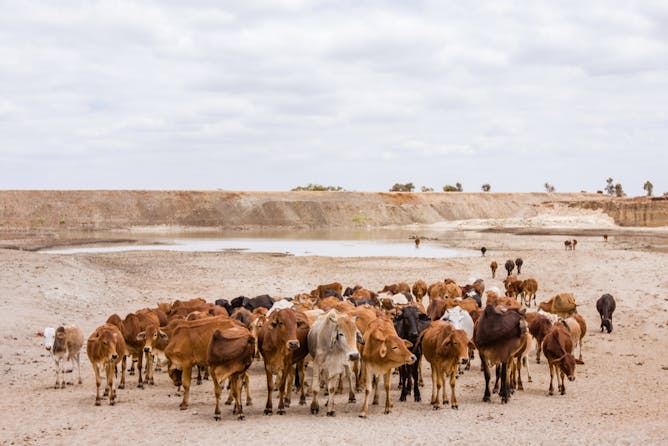
Dairy and livestock farming will not be viable over much of the subcontinent at the current rate of warming.
Shutterstock
Robert Scholes, University of the Witwatersrand
Staying below 1.5°C will require urgent, deep and radical changes in almost every aspect of our lives.
|
Climate change
|
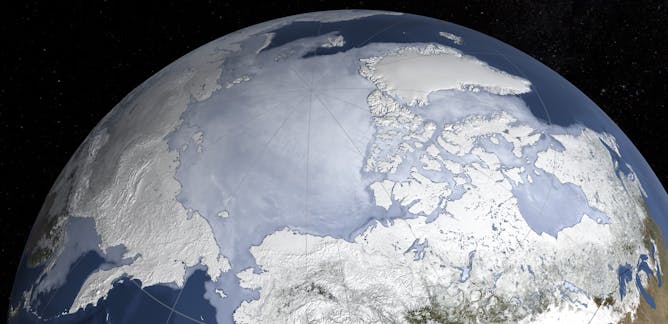
Keith Shine, University of Reading
Limiting human-induced warming will be tough, given where we start from.
| |
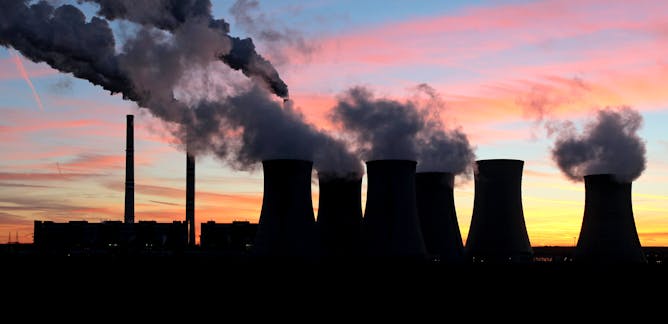
Arthur Petersen, UCL
Climate scientists have set out how we could limit global warming, but their scenarios are not at all realistic.
|

Alan Finkel, Office of the Chief Scientist
The latest UN climate report makes it clear that the task of limiting climate change is urgent and huge. We must start to transform our economy today, but it will bring rewards as well as challenges.
| |
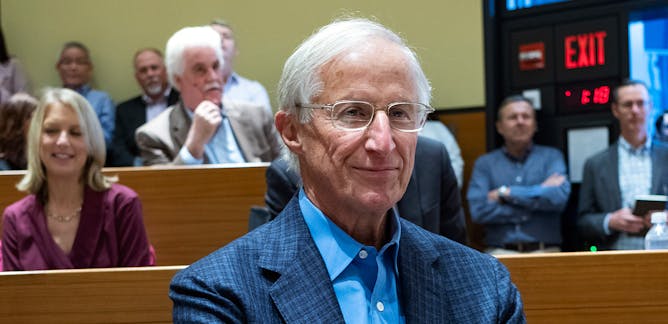
Andrew J. Hoffman, University of Michigan; Ellen Hughes-Cromwick, University of Michigan
William Nordhaus showed that the market offers the best chance for preventing global catastrophe form climate change.
|
|
|